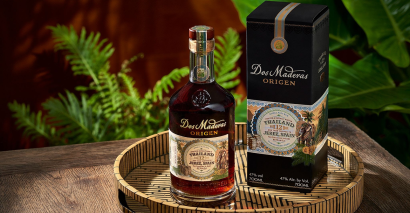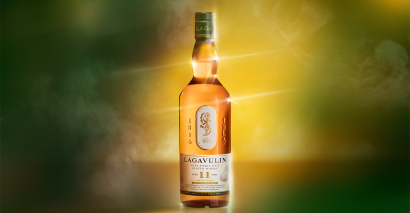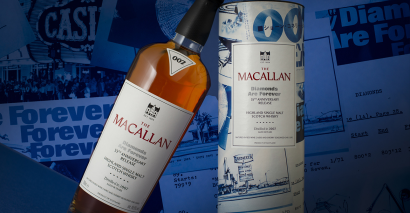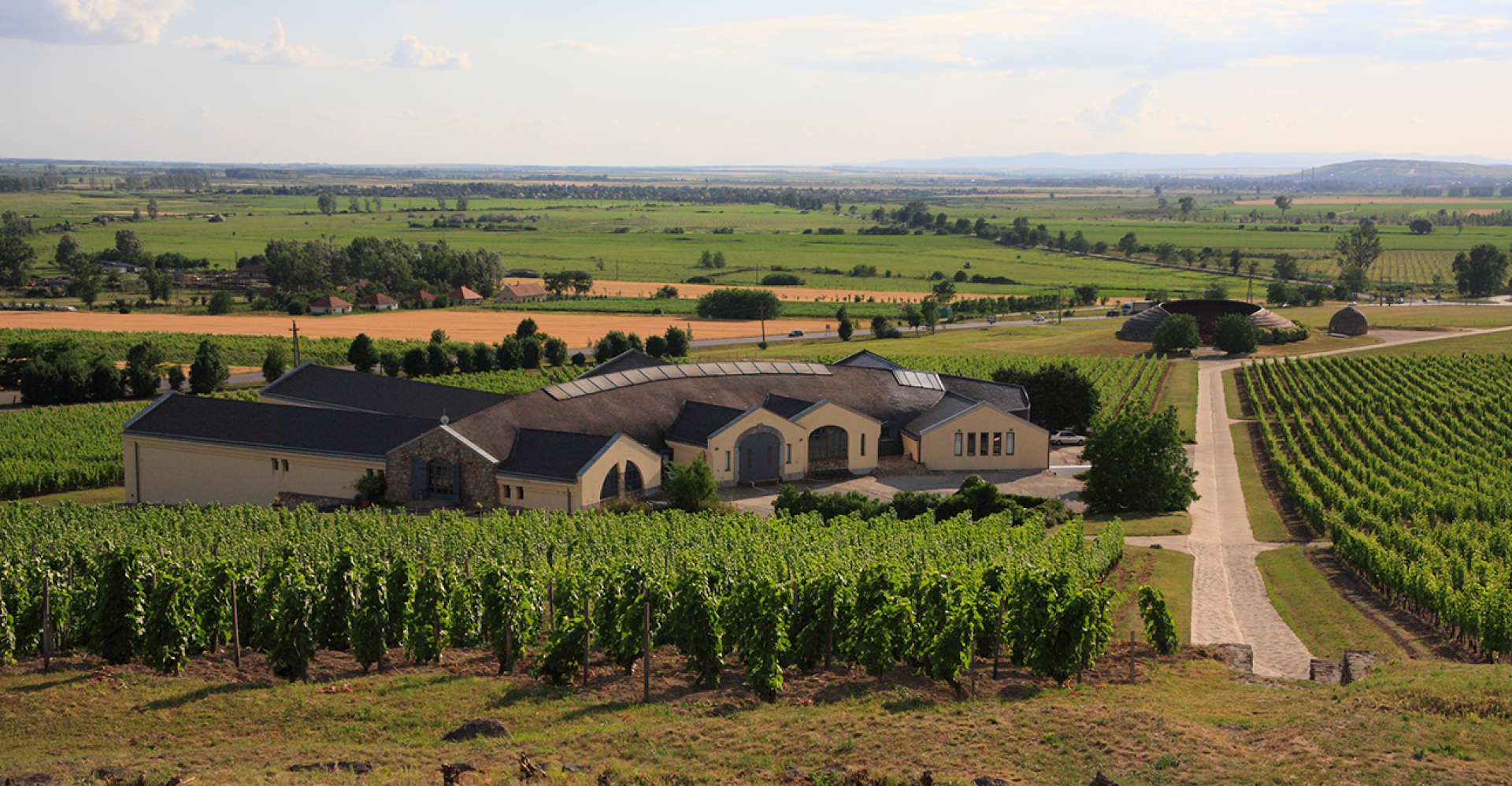
Wine cask finishing has long been part of the whisky maker's repertoire, and in recent years such expressions have become ever more plentiful. Three of our Top 20 Whiskies of 2022 were finished in wine casks: Tomintoul Cigar Malt Oloroso Sherry Cask Finish (No.-12), Blackened Rye The Lightning Double Cask Madeira and Rum Finished (No.-14), and Indri Trini The Three Wood (No.-17). Our most recent Buying Guide also featured a range of four age-stated Japanese single malts from Hakata, all sherry cask-finished and all scoring between 93 and 96. But while port, madeira, and sherry casks may live in the limelight, there’s one type of wine cask that’s more quietly been part of the scene for quite some time: tokaji (pronounced tow KAA jee).
Tokaji is an unfortified dessert wine from the Tokaji wine region in northeastern Hungary and part of Slovakia, a particularly hilly area near the Carpathian Mountains. The wine is made entirely from white grapes from one of six approved varieties. These grapes are “botrytised,” meaning they’re left to collect “noble rot”—a type of beneficial fungus that helps the water inside the grapes evaporate, sharply increasing their sugar concentration. The region’s iron and lime-laden volcanic soil, its varied climate, and the botrytised grapes all join forces to produce a wine that is exceptionally sweet.
This sweetness factor makes tokaji casks a useful tool in the whisky maker's arsenal. It’s particularly advantageous to those who are looking to sweeten whisky, without introducing some of the toasted vanilla and softer spice notes that are commonly associated with rum cask finishing.
“Tokaji wines have a very dense sweetness,” explains Barrell Craft Spirits founder Joe Beatrice. “On its own [it’s] very concentrated and appealing, with a silky coating on the palate. It’s unlike other wines whose barrels are used to age spirits.” Beatrice credits these attractive qualities to the grapes used to make tokaji and their high sugar concentration.
The barrel wood used for tokaji shouldn’t be overlooked. Tokaji barrels are typically made of Hungarian oak, which is markedly different from American or French oak used to age whisky. According to Steve Beam, founder and head distiller of Limestone Branch, Hungarian oak tokaji barrels “[add] some notes of butterscotch, clove, and cinnamon.” Like with any other type of finishing vessel, these notes will ramp up the longer the whisky sits in the cask.
Tokaji cask-finished whiskies have one glaring downside: availability. In recent years the wine has fallen into a bit of a slump, with production volume slashed nearly in half between 2018 and 2019. Three years later, it still hasn’t made a full recovery. But even in the best of times, tokaji is nowhere near the size of larger-scale wine types like port, sherry, or most red and white table wines. Fewer barrels are thus made available to whisky makers, and consequently, most tokaji-finished expressions are released as limited edition one-offs or special releases.
While they may be hard to find, anyone who’s tried tokaji-finished whiskies can tell you that, if they’re made right, it’s well worth the trouble. To help you with your search, we’ve put together a list of a few expressions that you can get your hands on. Enjoy them if you succeed—Cheers, Slainte, or as the Hungarians say, Egészségedre!
 Athru Keshcorran 14 year old, 48%, $160
Athru Keshcorran 14 year old, 48%, $160
Hailing from Ireland, this single malt spends 11 years in American oak barrels and an additional 3 years in tokaji casks.
_300.png) Barrell Private Release (Batch No. CQ35), 61.75%, $110
Barrell Private Release (Batch No. CQ35), 61.75%, $110
One of Barrell’s Private Release blends, Batch CQ35’s tokaji cask-finishing process takes only eight weeks. Barrell previously released another tokaji-finished expression, AH02, which our tasting panel rated at an impressive 94 points—the highest mark we’ve given a tokaji-finished expression thus far.
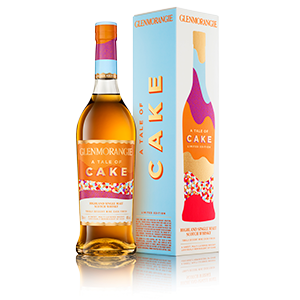 Glenmorangie A Tale of Cake, 43%, $100
Glenmorangie A Tale of Cake, 43%, $100
A Tale of Cake is one of Glenmorangie’s non-age-stated limited releases, and it’s finished in tokaji and bourbon casks. It scored 93 points with our tasting panel, outscoring all but two of its portfolio-mates.
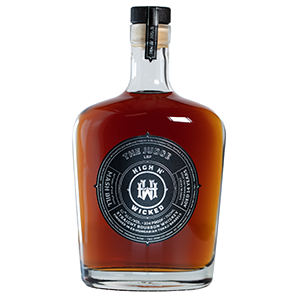 High N’ Wicked The Judge (Batch No. 6), 52%, $90
High N’ Wicked The Judge (Batch No. 6), 52%, $90
Released in March 2023 by specialty bottlers High N’ Wicked, The Judge Batch No. 6 is a 14 year old bourbon that undergoes a 6-8 month finish in tokaji barrels.
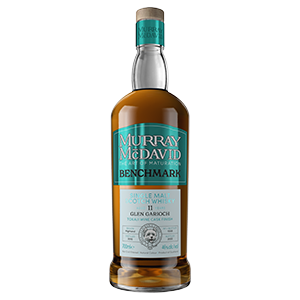 Murray McDavid Benchmark Glen Garioch Tokaji Wine Cask 2010, 46%, $195–$250
Murray McDavid Benchmark Glen Garioch Tokaji Wine Cask 2010, 46%, $195–$250
This limited expression from scotch independent bottler Murray McDavid is a Glen Garioch single malt, distilled in 2010, that’s been aged for 11 years. The liquid spent its last 2 years in tokaji barriques.
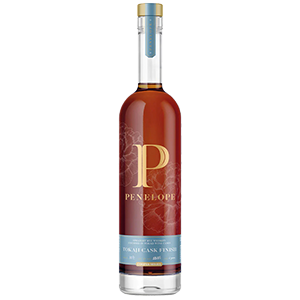 Penelope Cooper Series Tokaji Wine Cask Finish, 53.3%, $90
Penelope Cooper Series Tokaji Wine Cask Finish, 53.3%, $90
From Penelope’s finishing-centric Cooper Series, this rye spends 90 days in tokaji casks prior to bottling. It scored 91 points with our tasting panel, tying Batch 22-01 for Penelope’s top spot.
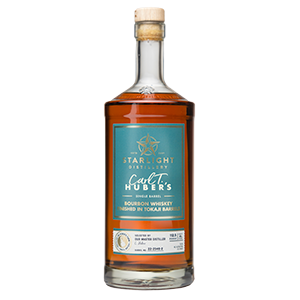 Starlight Straight Bourbon Finished in Tokaji Casks, 56.25%, $75
Starlight Straight Bourbon Finished in Tokaji Casks, 56.25%, $75
The current batch of Carl T. Huber’s single barrel blended bourbon, Barrel 22-2546-2, spends roughly 7 months in first-fill casks that once held Tokaji Essencia—the sweetest of the seven distinct tokaji types—prior to bottling. It just hit shelves a few weeks ago.
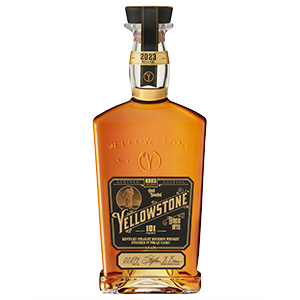 Yellowstone Limited Edition 2023 , 50.5%, $100
Yellowstone Limited Edition 2023 , 50.5%, $100
Since 2015, all whiskeys in Yellowstone's annual Limited Edition series have undergone a cask finish of some kind. This year’s entry, which just launched weeks ago, is finished in tokaji barrels.
Collectible Tokaji Finished
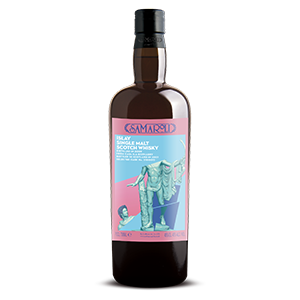 Samaroli 2009 Caol Ila Tokaji Finish, 45%, $750-$3000
Samaroli 2009 Caol Ila Tokaji Finish, 45%, $750-$3000
Distilled by Caol Ila in 2009 and bottled by Samaroli last year, this 13 year old single malt was recasked, spending almost the entirety of its final year aging in tokaji barrels. Only 433 bottles were produced.


